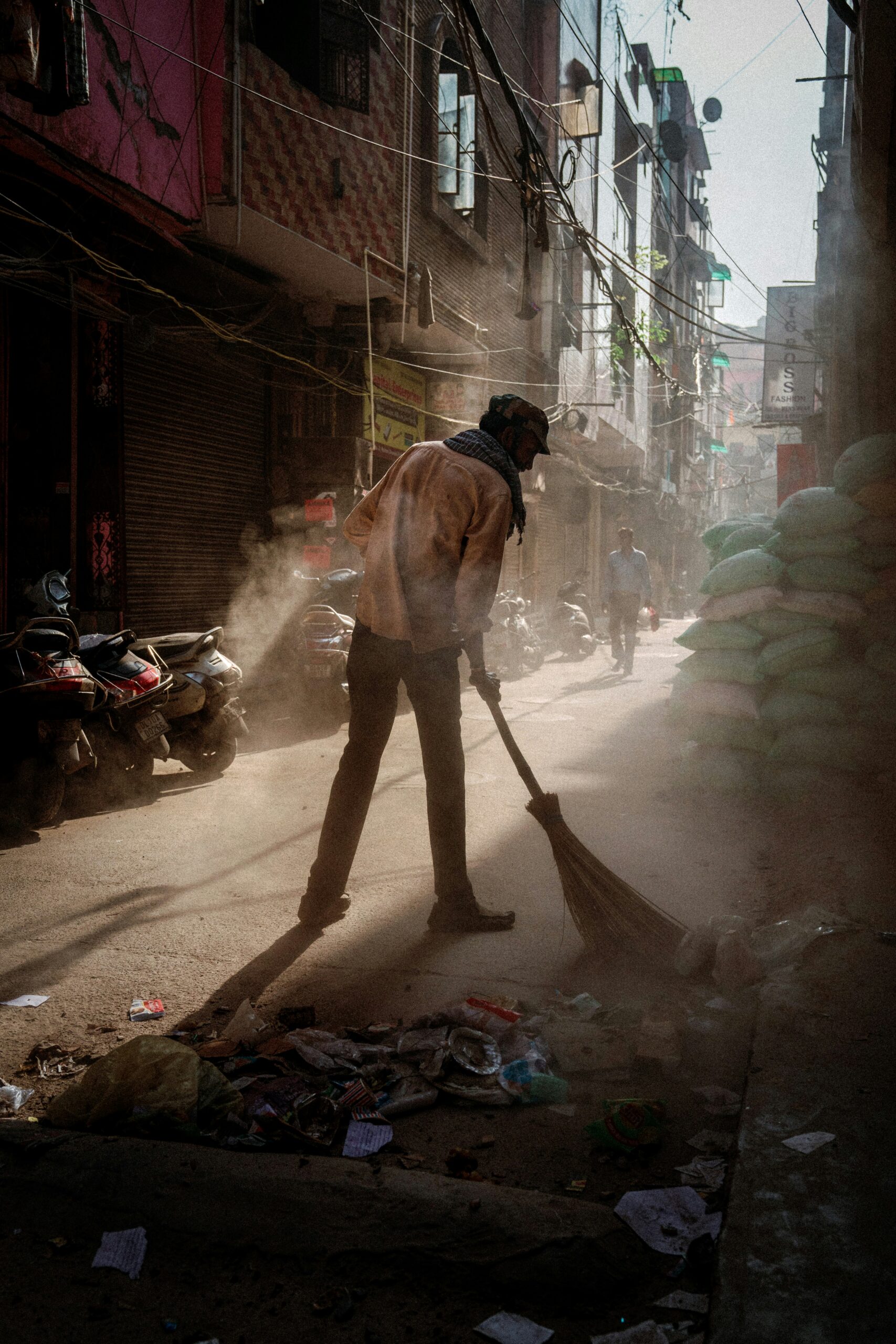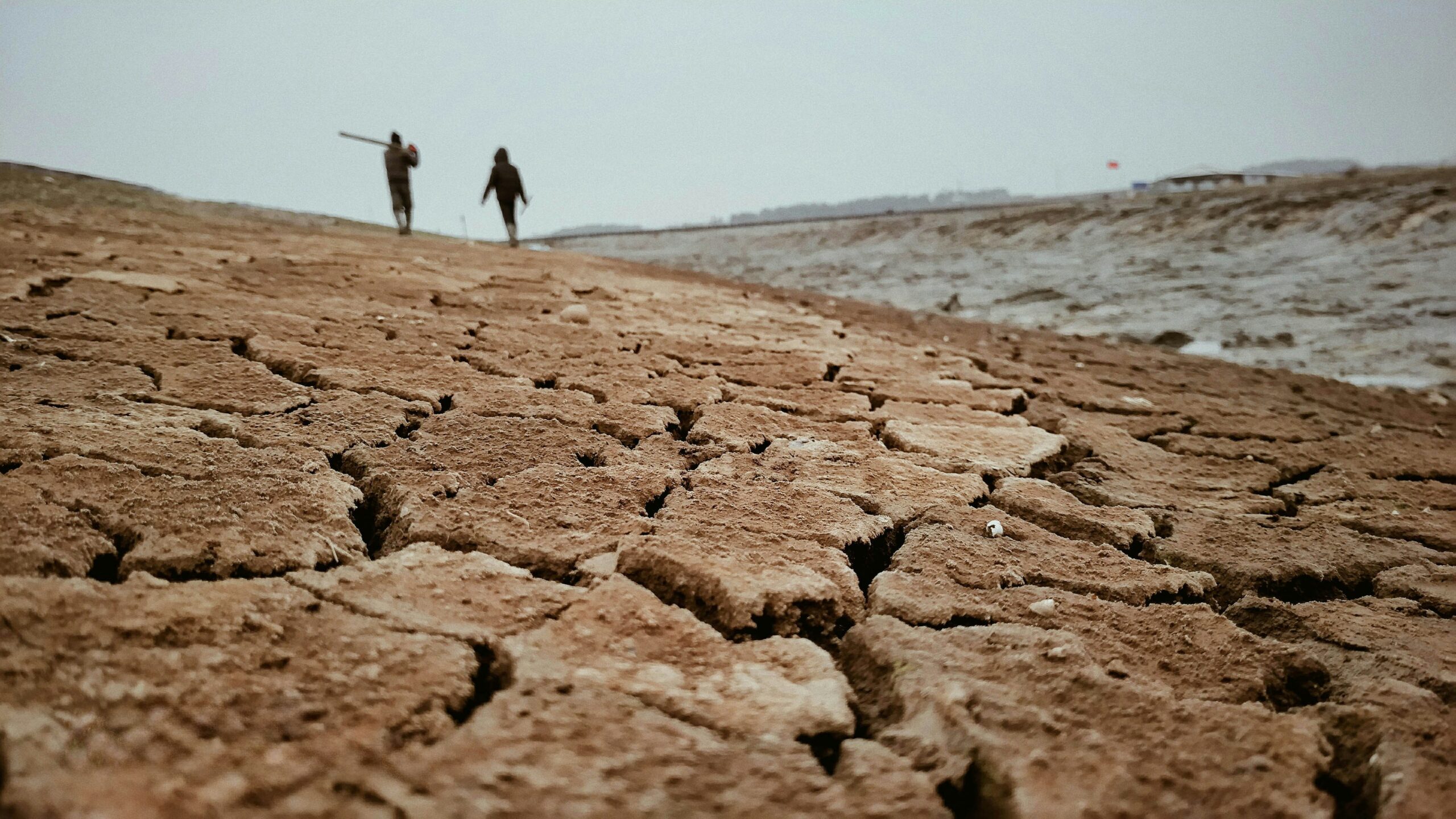
New Delhi’s waste pickers, often overlooked and working in perilous conditions, face not only extreme heat but also toxic exposures at the city’s overflowing landfills. The Ghazipur, Bhalswa, and Okhla landfills, which have exceeded their capacity, pose severe health risks to those who depend on scavenging recyclable materials for their livelihood.
Key Facts
- Temperatures at landfill sites can reach up to 70°C (158°F), creating dangerous ‘heat islands’.
- Waste pickers, like Sofia Begum and Tanzila, report severe health issues due to the conditions.
- Government promises to clear the landfills by 2028 have shown little progress.
Background
For decades, waste pickers in Delhi have sorted through garbage to collect recyclables, a job that provides critical income for many families. However, this work comes at a great cost. The landfills, filled far beyond their intended capacity, have become not just an eyesore but a public health emergency. The decomposition of organic waste generates intense heat and releases hazardous gases, severely impacting the health of nearby residents and workers.
What We Know
Studies have shown that the heat generated by these landfills can lead to severe health implications. Public health researcher Anant Bhan highlights that the conditions at these sites are akin to ‘gas chambers,’ with waste pickers suffering from heat-related illnesses, respiratory problems, and skin issues. Despite this, the economic necessity keeps many bound to these hazardous jobs.
Official Reactions
Delhi’s government has repeatedly announced plans to tackle the issue, with the latest promise aiming to clear the landfills by 2028. However, activists and workers remain skeptical, citing past failures to follow through on similar assurances. The introduction of Mohalla Clinics has provided some relief by offering primary health care, but the systemic issues of waste management and worker safety remain largely unaddressed.
What’s Next
Environmentalists and public health experts call for a drastic overhaul of waste management practices in Delhi. Proposals include building more sustainable infrastructure, such as incinerators, although these come with their own environmental concerns. More importantly, there is a push to formalize waste picking as a profession, providing workers with legal protections, fair wages, and access to health services. As the city continues to grow, the resolution of this crisis becomes ever more urgent, intertwining issues of public health, environmental sustainability, and social justice.


